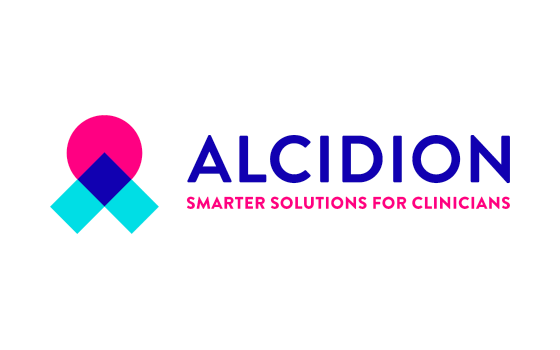 Thousands of NHS professionals across five hospitals in East Lancashire are to benefit from early warning technology that will help them detect and swiftly respond to deteriorating patients in need of urgent attention.
Thousands of NHS professionals across five hospitals in East Lancashire are to benefit from early warning technology that will help them detect and swiftly respond to deteriorating patients in need of urgent attention.
Alcidion's Patientrack system will help staff intervene early to prevent harm when patients show signs of worsening conditions. The mobile electronic observations technology will integrate with the trust's Cerner Millennium system as part an electronic patient record deployment announced earlier in February.
Nurses throughout the trust will use Patientrack as they carry out crucial observations. Integrating directly with devices used at the bedside to capture patients' vital signs, Patientrack will use generated measures to automatically calculate a patient's early warning score before alerting appropriate clinicians in the trust if and when they need to take action.
The new digital approach for bedside observations will end a reliance on paper-based processes, whilst acute care teams will also gain better visibility of the trust's sickest patients and be able to better coordinate responses across the five hospitals.
Patientrack is well established in the NHS, having already had a significant impact in several nearby trusts in the North West and in hospitals in other parts of the UK. Clinical staff have used the system to help to dramatically cut cardiac arrests, to tackle deadly illnesses including sepsis and acute kidney injury, to help reduce high risk admissions to critical care, and deliver other improvements to patient outcomes.
Smartpage - a smartphone and web-based system for hospital communication and task management from Alcidion - will be deployed in parallel with Patientrack. This secure messaging system is helping NHS hospitals to move away from pagers and will integrate with the e-observations technology to push hard alerts to appropriate clinical teams so they can take urgent action. Staff will also use Smartpage to support the hospital at night workload, and to streamline patient handover between shifts.
Mark Johnson, chief information officer at East Lancashire Hospitals NHS Trust, said: "We are driving forward our ambitions to enhance patient care and improve working life for staff through digital technology, both locally and in collaboration with our ICS colleagues across the region.
"Patientrack, which has delivered impressive results for patient safety in dozens of other NHS hospitals, accompanied by Smartpage, will be an important part of that digital roadmap and the deployment of our local EPR. We are confident that the experiences and learning from the deployment will support the regional objectives of having consolidated information for all patients. These are mobile technologies that our clinicians want to use, that can help to alleviate pressure and remove manual processes, and that can have a very immediate impact on patient outcomes and safety."
The Alcidion technologies will be deployed across Royal Blackburn Teaching Hospital, Burnley General Teaching Hospital, Clitheroe Community hospital, Accrington Victoria and Pendle Community Hospital.
Lynette Ousby, UK managing director for Alcidion, said: "Now more than ever, clinicians need digital tools that make their lives easier, and that make the right thing to do the easiest thing to do. East Lancashire Hospitals is showing its desire to accelerate digital adoption on a significant scale very quickly. We are proud to be part of that - and it is heartening to be widening our reach with hospitals in the North West where Alcidion itself also has a growing presence and will soon be opening a regional headquarters in Burnley."
About East Lancashire Hospitals NHS Trust
East Lancashire Hospitals NHS Trust (ELHT) was established in 2003 and is a large integrated health care organisation providing high quality acute secondary healthcare for the people of East Lancashire and Blackburn with Darwen.We employ 10,000 staff and treat over 700,000 patients a year from the most serious of emergencies to planned operations and procedures. Our high quality healthcare services are offered across five hospital sites, and various community sites.
We are committed to delivering the best possible healthcare services to the local population while ensuring the future viability of our services. This will be achieved by continually improving the productivity and efficiency of services. Our core focus has enabled demonstrable improvement in our key access, quality and performance indicators.
About Alcidion
Alcidion (ASX:ALC) has a simple purpose: to transform healthcare with smart, intuitive technology solutions that meet the needs of hospital and allied healthcare, worldwide. It offers a complementary set of software products and services that create a unique offering in the global healthcare market; solutions that support interoperability, allow communication and task management, and deliver clinical decision support at the point of care to improve patient outcomes. In 2017 Alcidion acquired Oncall System and its Smartpage clinical communication system. In 2018 it acquired the Patientrack bedside patient monitoring software and MKM Health, an IT solutions and services provider. These offerings now operate under the Alcidion brand. With over 25 years of combined healthcare experience, Alcidion brings together the very best in technology and market knowledge to deliver solutions that make healthcare better for everyone.